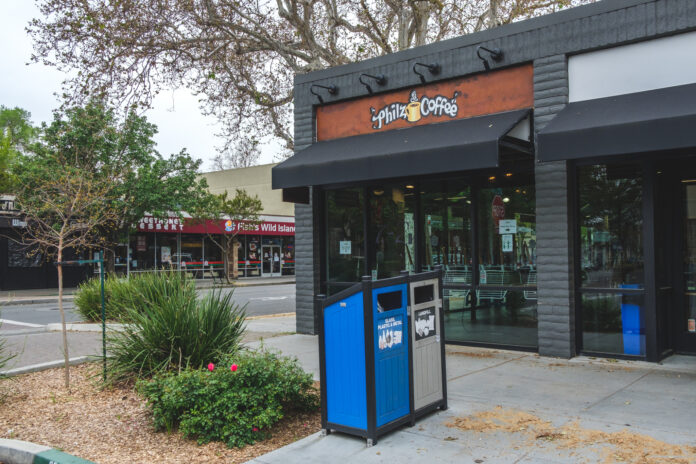UC Davis research says COVID-19 will have long-lasting economic impact, Davis businesses say economic losses are incalculable
The economic impact of COVID-19 is something we will see for decades to come,
according to a working paper authored by professors in the Department of Economics.
When asked about possible revenue losses locally, Mayor Pro Tempore Gloria Partida said the city has not made any predictions yet. It is not yet known the effect that the lack of widespread business closures and the loss of student presence will have on the town, Partida added.
“We’re going to see a drop of the amount [of revenue] that’s coming into the city to pay for our services,” she said.
In the meantime, Davis has taken steps to ensure that residents and businesses are able to continue operating.
“This is sort of like summer coming really early for them, so I’m sure they’re going to struggle,” Partida said. “The Downtown Business Association is trying to find creative ways […] to offset that price — to sell gift cards, for instance.”
Beyond that, the city also plans to take advantage of state and federal grants and funding and has passed an emergency resolution which implemented an eviction moratorium, among other relief acts.
“They’ve done a lot of great things on paper, but in reality, not a lot of people are able to take advantage of [these programs],” said Alex Volzer, the owner of Davis Massage and Body Therapy.
Volzer recently moved their business away from Northern California following the Camp Fires.
“I don’t know how much longer I can hold on,” Volzer said. “But I’m optimistic that maybe I’ll be able to make it through this.”
Since many small business owners, like Volzer, are unable to take advantage of these loans and programs, they face special difficulties in continuing to operate. The City of Davis has supported small businesses in the past, but it remains unknown how the city will continue this support.
“These are our neighbors, people we go to church with,” Volzer said. “I think Davis has a responsibility to step up.”
Partida added that the city continues to look into new avenues for helping small businesses, like a support hotline, but said the situation is evolving so rapidly that the town is having trouble keeping up with new information.
“We are very grateful for the local programs,” said Derar Zawaydeh, the co-owner of Crepeville and Burgers & Brew. “And the [property owners] have been nothing but a class act.”
Many companies and company owners, like Zawaydeh and Volzer, rely on flexibility from land owners. But even with this support, Zawaydeh has cut his employees across both locations by over 60%, laying them off so that they can take advantage of unemployment benefits.
Sometimes, other avenues of keeping business afloat are not as profitable.
“Third-party delivery companies charge a hefty commission for their services, a minimum of 20% and sometimes as high as 35%,” Zawaydeh said.
These companies helped supplement income before COVID-19 changes, but now the profit margins are not high enough to sustain business. Zawaydeh is looking into having his employees deliver for free ー just another step in keeping up with the crisis.
Some businesses also face long-term closure due to the economic impacts of the pandemic.
“Me and my family talked about it,” said Chi Hoang, the manager of Ding How, in an interview with The Davis Enterprise. “If it gets worse again, we better close the restaurant down and find something else to do.”
“Be it in Davis, Chico or Sacramento — it’s all being hit the same way,” Zawaydeh said. “This is really something significant.”
Written by: Alex Weinstein — city@theaggie.org





